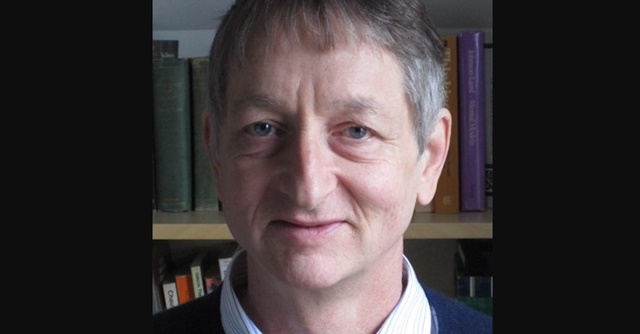
Geoffrey Hinton quits Google amid growing concerns around AI innovation


Geoffrey Hinton, widely considered the “Godfather of artificial intelligence” has stepped down from Google, reported The New York Times. Hinton was the vice president and engineering fellow at Google, where he joined in 2013.
As per the report, Hinton said that after quitting his job at Google, he could freely speak about the risks of AI. It may be noted that several AI professionals and technology leaders, including Elon Musk, signed an open letter following the release of ChatGPT and other generative AI models, asking for a six-month moratorium on AI innovation that may pose a risk to society. A few days later academic society Association for the Advancement of Artificial Intelligence too
released a letter cautioning the risk of AI.
Hinton recently tweeted that his quitting from Google will now allow him to talk about the dangers of AI ‘without considering how this impacts Google’.
In the NYT today, Cade Metz implies that I left Google so that I could criticize Google. Actually, I left so that I could talk about the dangers of AI without considering how this impacts Google. Google has acted very responsibly.
— Geoffrey Hinton (@geoffreyhinton) May 1, 2023

In the interview with New York Times, Hinton said that while the AI systems which are built on large amounts of data were still inferior to the human brain in some ways, in a few other ways, they were ‘eclipsing’ human intelligence. He further added that the future of what AI could do in future is ‘scary’, considering pace at which the technology has progressed, especially in the last five years.
He said that his immediate concern was the fake media — text, image, and videos — floating on the internet would be indistinguishable from reality. He also added that going forward, AI technologies may disrupt the job market. OpenAI’s own research this year found that generative AI is set to impact several jobs. He also believes that if left unregulated, the race between Google and Microsoft will escalate into a global race that will not stop.
Hinton also said that the future versions of the technology may eventually pose a threat to humanity as it may learn unexpected behaviour from the vast amount of data it is trained on, even predicting that killer robots could become reality.

Hinton won Turing Award in 2018, considered the Noble Prize for computing, for his work in neural networks, along with Yoshua Bengio and Yann Lecun. These neural networks have formed the base for several other systems including facial recognition, digital assistants, self-driving vehicles, and tools like ChatGPT. In the past, when Bengio was a professor at Carnegie Mellon University, did not take funds from the US Defence Department as he was opposed to the use of AI in battle.
